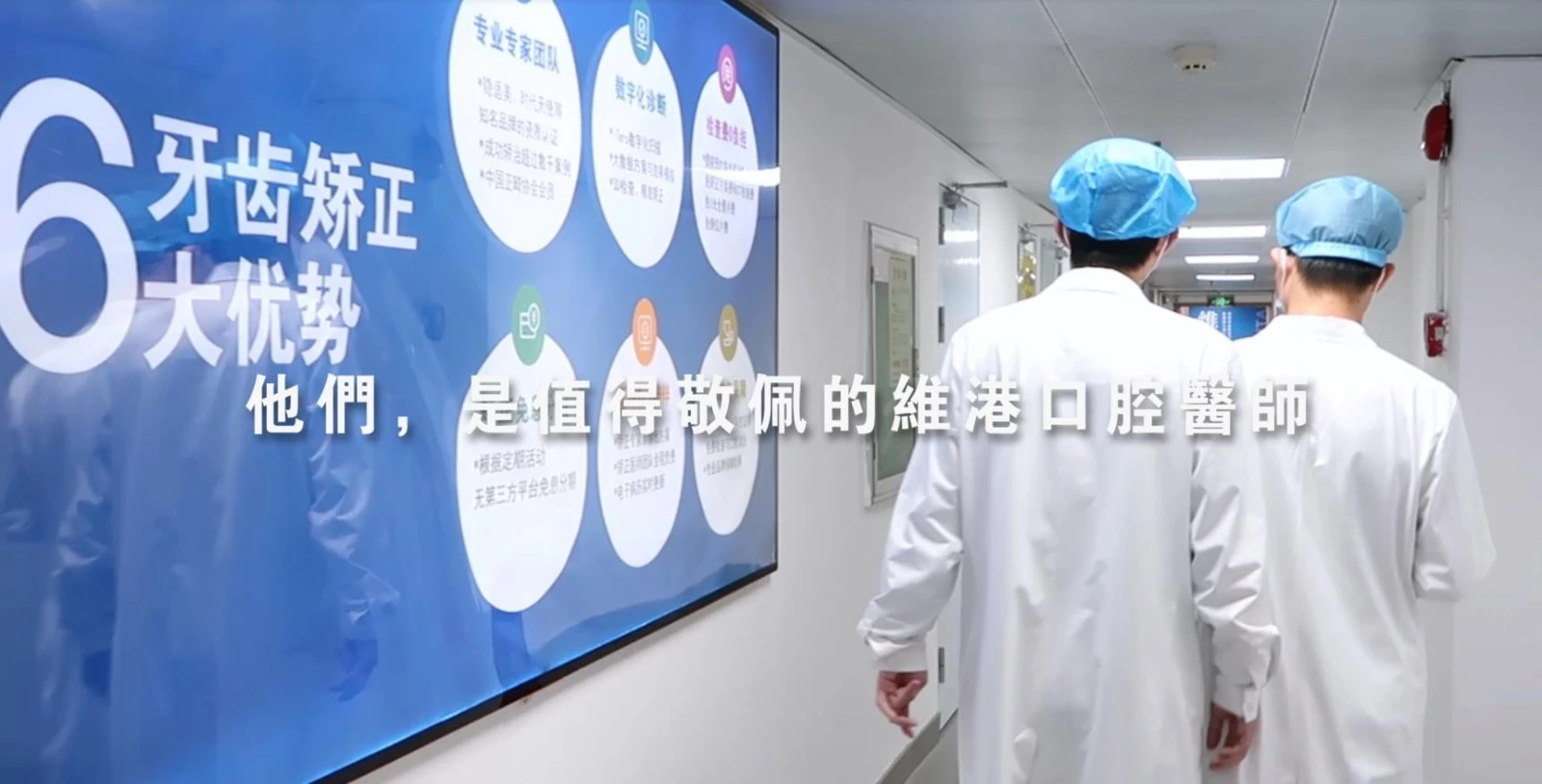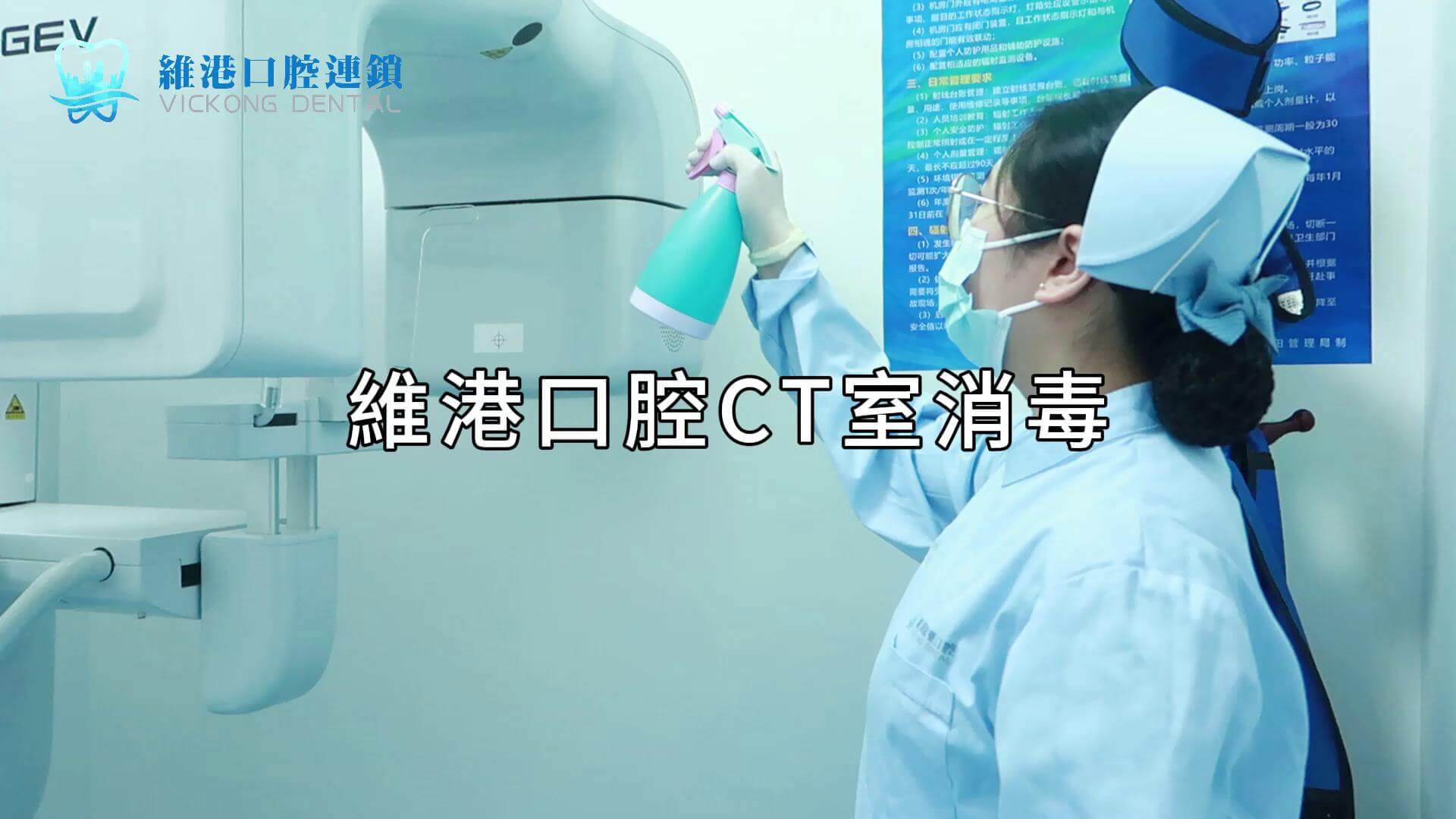"Why Do People Ask Will It Fail? About Dental Implants in Mainland China?"
In recent years, an increasing number of Hong Kong residents have chosen to visit mainland China for dental implants, motivated by various reasons such as exploring advanced dental technologies or conveniently scheduling treatments. Nonetheless, the question "Will it fail?" often arises when discussing dental implants across the border. This question reflects the public’s understanding and expectations of implant surgery.
Firstly, its important to recognize that dental implants are not a quick, instantaneous procedure, but rather involve multiple steps in a complex medical process. From oral examinations, X-ray analyses, and implant planning to the actual implant placement and subsequent healing period, clear communication between the dentist and the patient is crucial. Any complications during these stages, like insufficient bone density, poor gum health, or non-compliance with medical advice, can potentially affect the success rate.
Many Hong Kong residents worry about failure primarily due to distance and information asymmetry. Often, before heading north, people might only browse a few online articles or rely on word-of-mouth without fully understanding their dental situation. Additionally, dental implants require time and patience, naturally leading to concerns about the possibility of an unsuccessful outcome and wasted effort.
Another key concern is confidence in medical standards. Dental services in Hong Kong are strictly regulated, offering transparency in processes that locals are familiar with. In mainland China, though the technology and equipment in many areas are highly advanced, unfamiliarity with the local environment, legal protections, and aftercare services may cause some psychological unease, inevitably bringing the question of

"Will it fail?" to the forefront.
To alleviate these concerns, the first step is determining whether one is genuinely suitable for dental implants. Rather than relying solely on a friends advice regarding missing teeth, its best to consult a dentist for a thorough examination that includes periodontal health, bone thickness, and overall oral condition. Secondly, when selecting dental services in mainland China, pay attention to qualifications, equipment, and clinical experience, rather than just surface-level marketing. Ensure they provide detailed explanations of procedures and risks. Thirdly, during the treatment, adhering strictly to medical recommendations—such as maintaining oral hygiene and attending follow-up appointments—is crucial to success.
Remember, implant failure is not an inevitable result, but rather the outcome of certain factors within the medical process not meeting success criteria. Whether in Hong Kong or mainland China, as long as technology, care, and cooperation are in place, the chance of success can be high. So, instead of fixating on "Will it fail?", focus on thorough preparation and communication to genuinely mitigate risks.
Ultimately, for many Hong Kong residents, seeking dental implants in mainland China is a novel experience, and the cross-border nature naturally brings additional uncertainties. However, with ample information, careful selection, and a proactive attitude, the chances of failure can be significantly reduced. Understanding these underlying reasons will reveal that "Will it fail?" is not merely a concern but a reminder of the importance of diligent preparation and informed choices.
Next time a friend asks you this question, you can naturally respond, "The key is to find the right dentist and make thorough preparations; getting dental implants in mainland China can go smoothly."

























